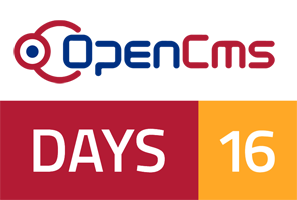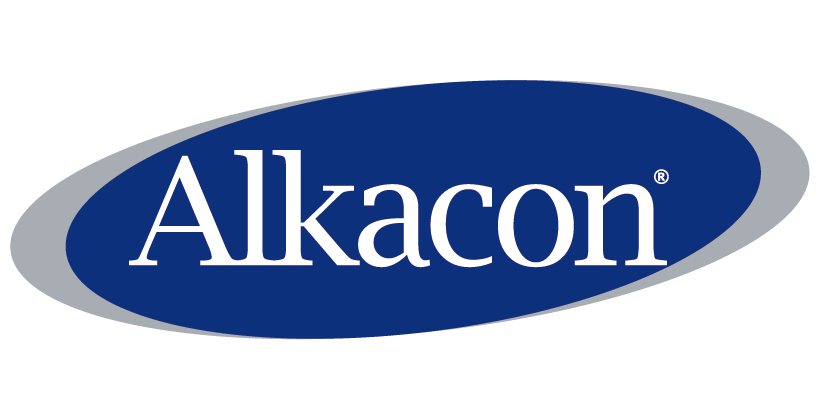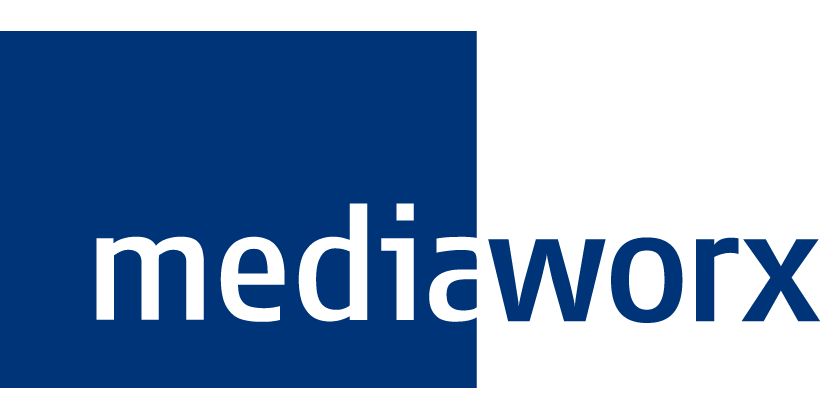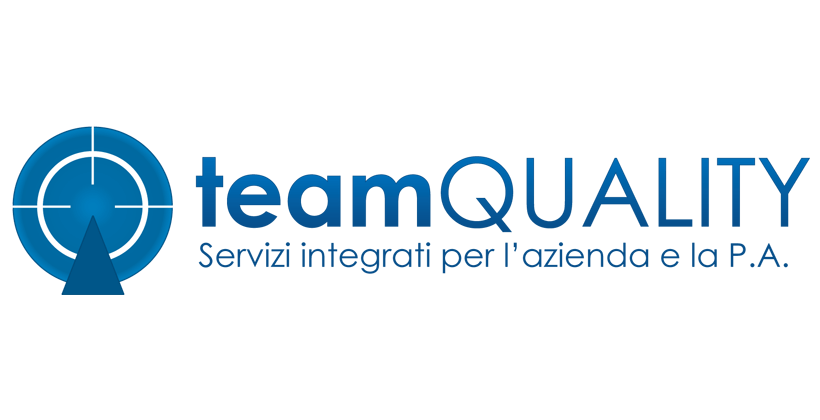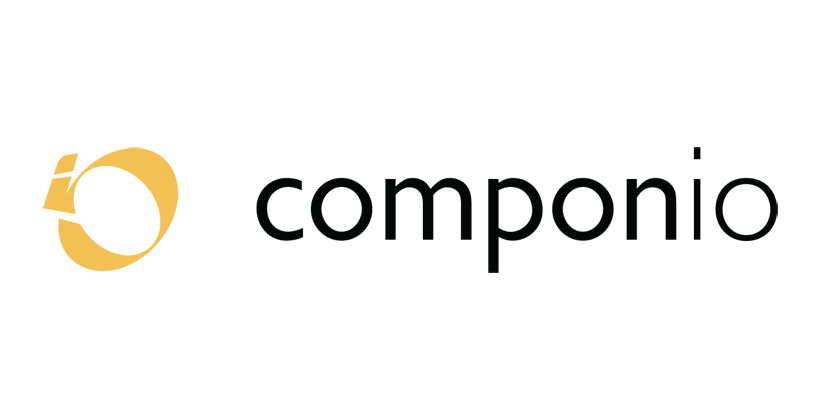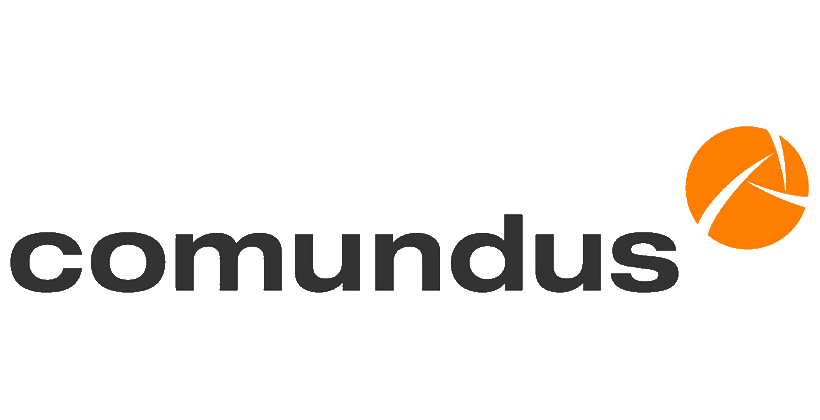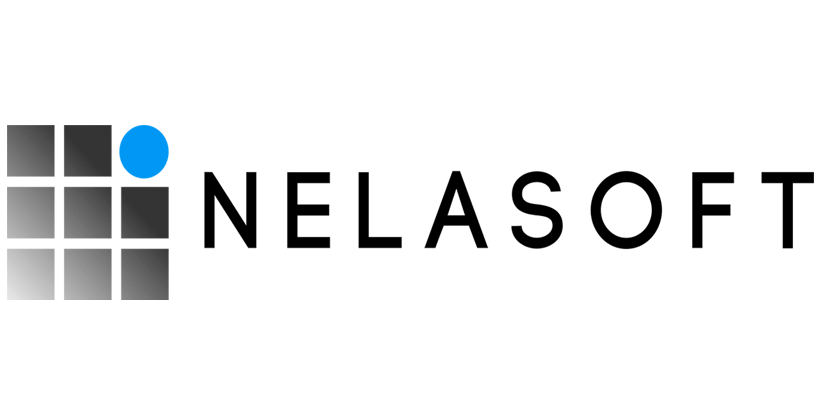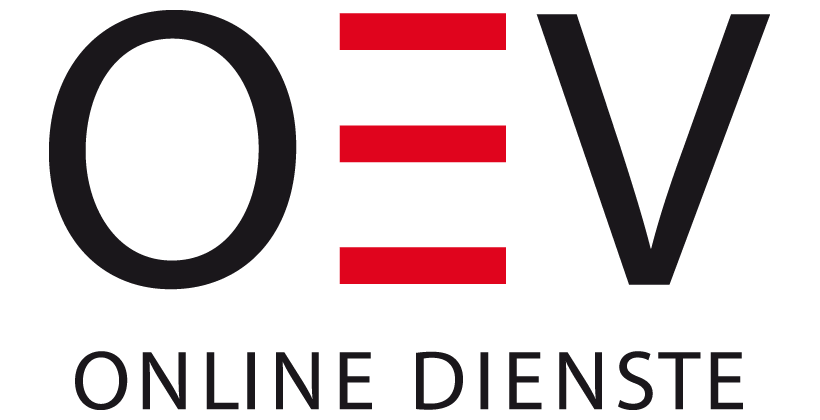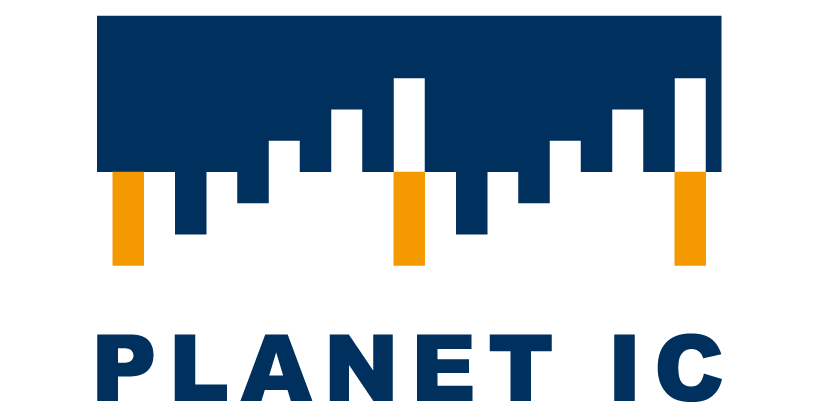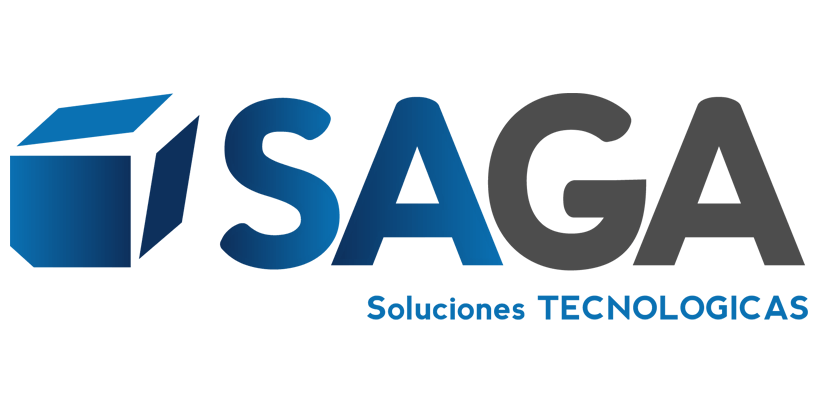Conference program
OpenCms Days 2016 features an interesting mix of showcase sessions and practical "hands on" workshops.
This event is the best opportunity to meet and exchange ideas with OpenCms experts from all around the world.
New "hands on" workshops
Practical workshops for people that wish to extend their OpenCms usage skills. There is a limited number of seats in each workshop!
Make sure you register while seats are still available for the workshop of your choice.
2016 Conference program overview
OpenCms Days 2016 features showcase sessions and for the first time "hands on" workshops. A typical showcase session runs about 60 minutes and features a particular OpenCms related customer showcase or technology. A workshop will run up to 4 hours and participants bring their own notebook so that they can actively try things out in a live OpenCms installation. Workshop attendance requires advance registration and seats are limited.
Day one - Monday, September 26, 2016
Advance to OpenCms 10.5
11:15 Break
13:00 Lunch break
14:00
The content manager perspective
Workshop A part 2
14:00
Creating tools for the workplace
Workshop part two
15:30 Break
15:45
The content manager perspective
Workshop A part 3
15:45
Creating tools for the workplace
Workshop B part 3
Day one - Evening (optional)
Day two - Tuesday, September 27, 2016
11:15 Break
11:30
Building a news or blog site
Workshop C part 2
11:30
Connecting external applications
Workshop D part 2
12:45 Lunch break
13:45
Building a news or blog site
Workshop C part 3
13:45
Connecting external applications
Workshop D part 3
15:15 Break
Monday, September 28 / 10:15
Advance to OpenCms 10.5
Alkacon is advancing OpenCms usability further with version 10.5.
This version features major improvements for managing multilingual sites by adding new tools that help content managers to translate and maintain templates, pages and sitemaps in different languages.
OpenCms 10.5 also brings:
- Many usability improvements in the Workplace
- Enhancements in the page and form editor
- Stronger security for the user authentication process
- New tools for multilingual site maintenance
- Possibility to natively integrate external asset databases
- A greatly enhanced Apollo Template
- … and more!
In his conference opening keynote Alexander will present the new features of this OpenCms version.
These features will be available in a 10.5 Beta version that will be distributed during this conference, with the final release of OpenCms 10.5.0 scheduled for Q4 2016.
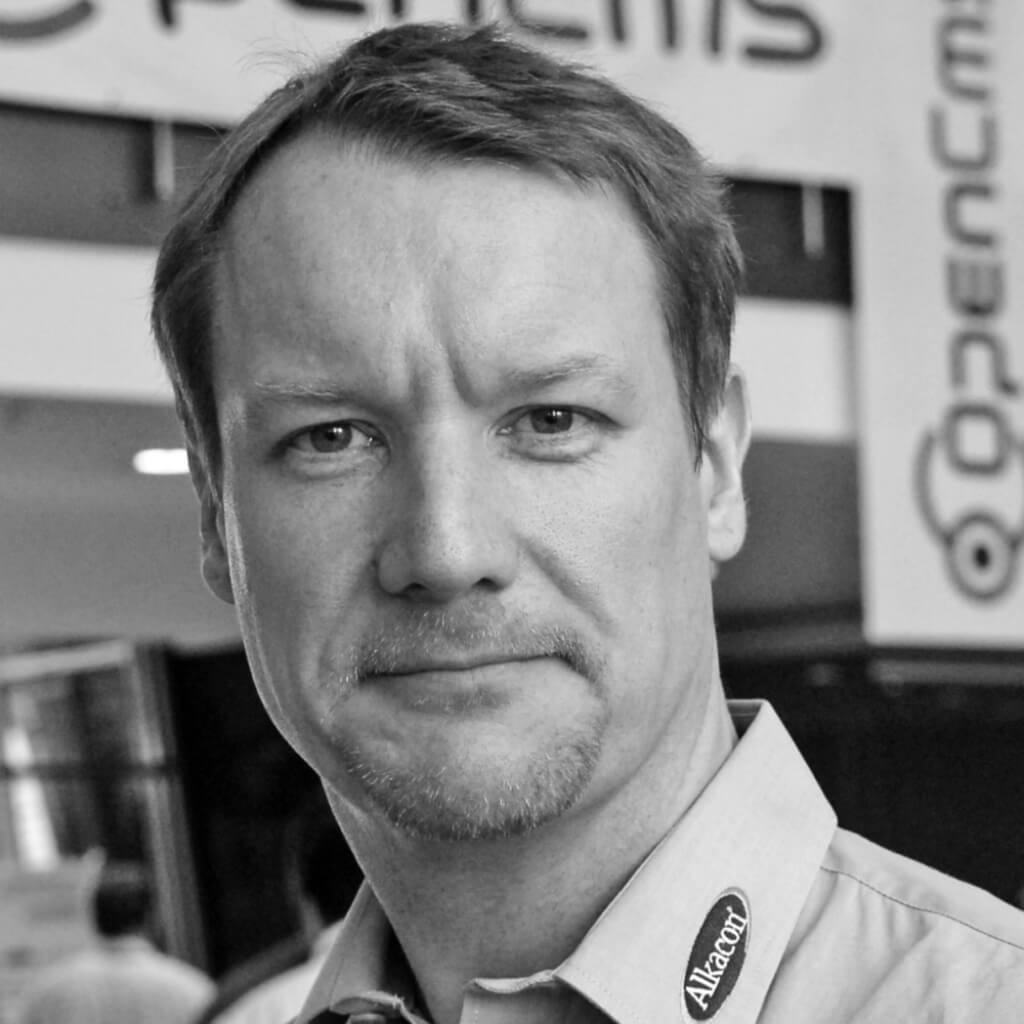
Speaker: Alexander Kandzior
CEO, Alkacon Software, Germany
Alexander is the inventor and main architect of OpenCms. He was responsible for open sourcing OpenCms back in 2000. Since then, he is an active developer and contributor to the project. Today he is CEO of Alkacon Software, where he leads his team with the vision to make OpenCms the most user friendly CMS on the planet.
Monday, September 26 / 11:45
The content manager perspective
Free seats: Less than 10
This workshop will focus on the content manager, his needs and requirements and how his life can be made easier by fine-tuning the OpenCms configuration. Common tasks include setting up a basic directory structure, creating sub sitemaps, template models and reuse groups, as well as restricting user access based on groups or individual permissions. Fine tuning the editor options in the content definition is also something that can make the life of the content manager much easier. Element views, element type restrictions, property configuration, usage of the share folder - there are countless optimization possibilities in OpenCms which are usable without programming.
Andreas and Michael will collect requirements of the audience and then work with the participants on proof of concept solutions for the use cases brought up. They will also show some solutions they have used in the past that can serve as an inspiration.
A standard OpenCms installation with the Apollo template and some prepared content examples will be used as a base for the workshop. This will be distributed on a virtual image that participants should install before the workshop starts. More information about the virtual image requirements here.
Workshop level: Beginner to Intermediate
Participants should have knowledge in:
- OpenCms 8 (or later) general usage
- Using OpenCms as a content manager
Please read this important information regarding workshop organization
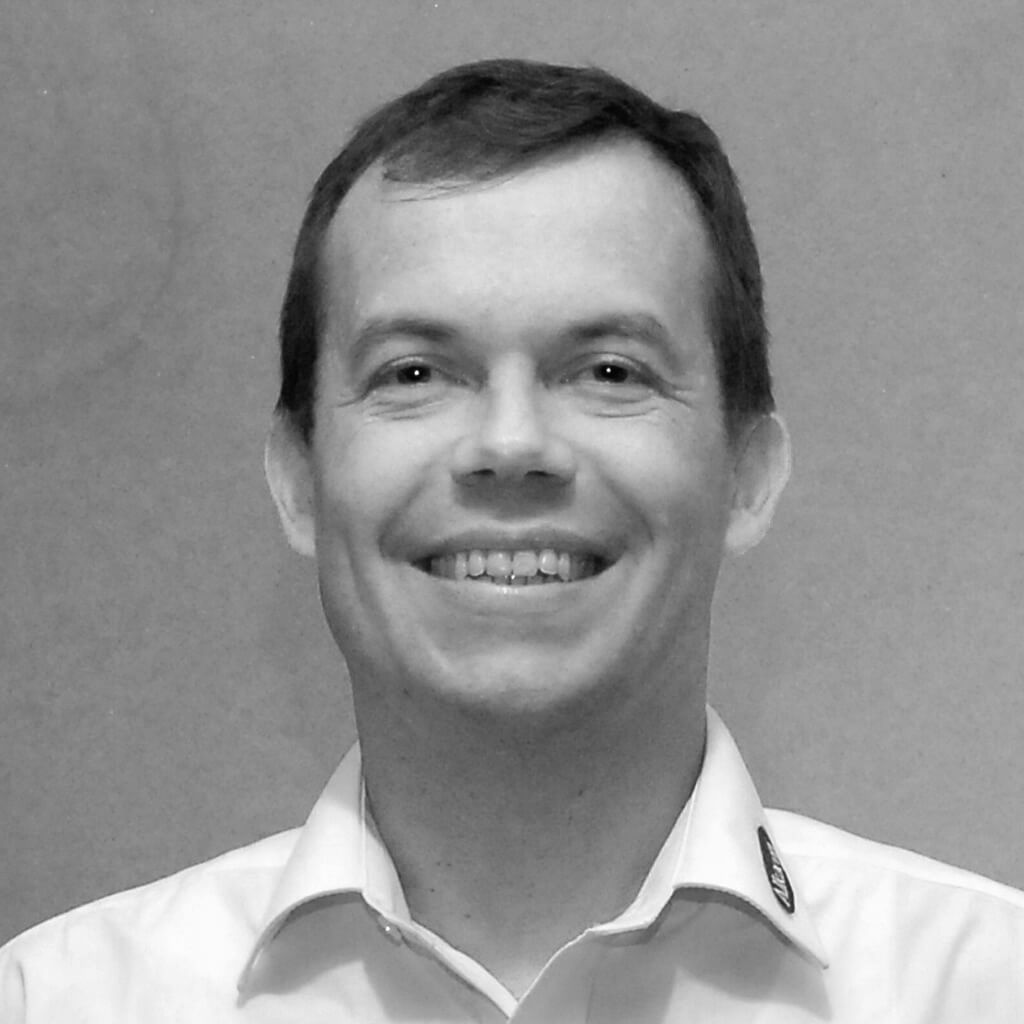
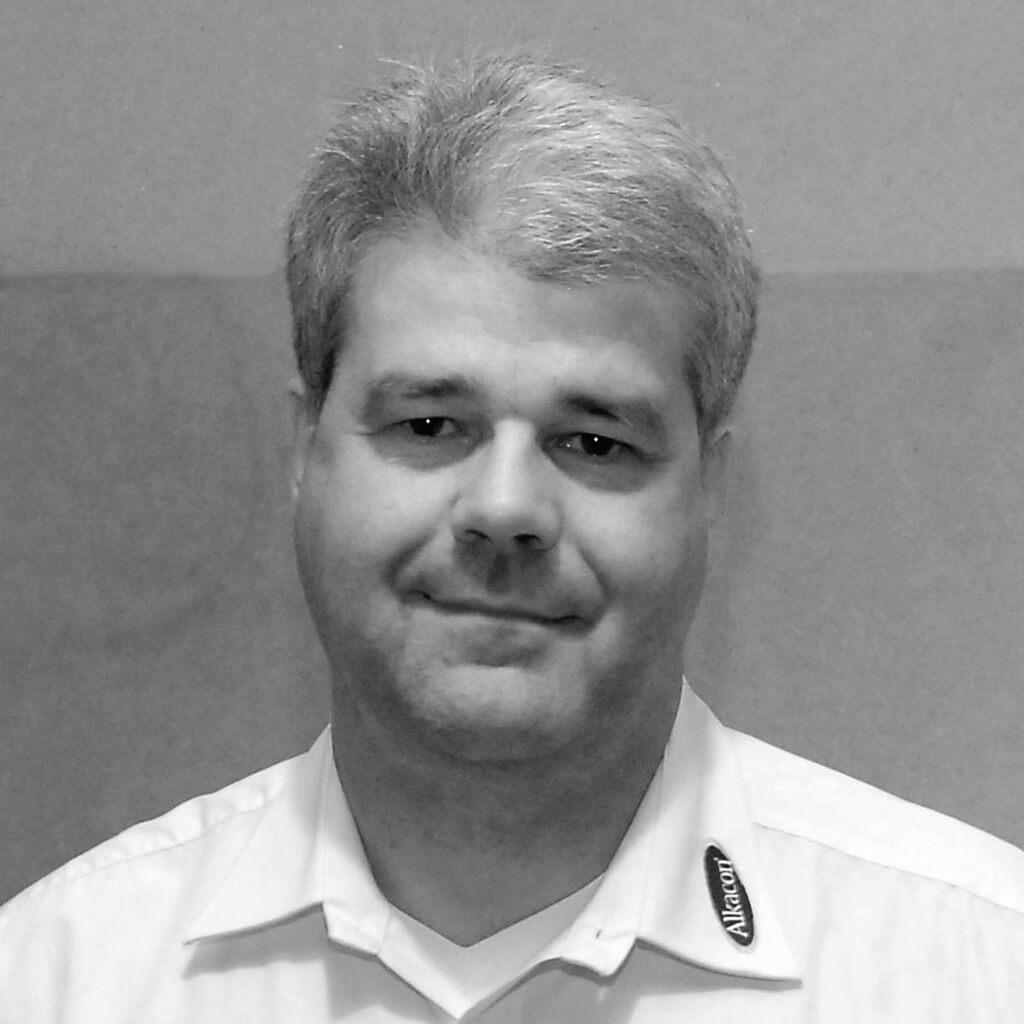
Moderator: Andreas Zahner
Senior OpenCms consultant, Alkacon Software, Germany
Andreas is a senior consultant and project manager at Alkacon with more than 10 years’ experience in OpenCms. He is an expert in OpenCms template development, including front-end related core enhancements.
Moderator: Michael Emmerich
Senior OpenCms consultant, Alkacon Software, Germany
Michael was one of the initial developers of the first open sourced version of OpenCms back in 2000. He has been continuously working with OpenCms ever since. Today Michael is a senior consultant and project manager at Alkacon Software.
Monday, September 26 / 11:45
Creating tools for the workplace
Free seats: More than 10
OpenCms 10 has introduced a new workplace backend technology based on the Vaadin framework. Vaadin enables developers to generate complex graphical user interfaces with advanced functionality based on a rich set of screen widgets. This can be used to extend the OpenCms workplace with graphical components for specific customer related requirements or use cases.
Alkacon has prepared interfaces and configuration options in the OpenCms core that allow to plug in workplace extensions with OpenCms modules. These allow to add new apps to the Launchpad, to customize menus and toolbars, as well as adding specific context menu options for special content types.
In this workshop, Tobias and Georg will collect requirements of the audience and then work with the participants on proof of concept solutions for the use cases brought up. In this process they will also explain the extension hooks prepared by Alkacon for the Workplace. For developers new to Vaadin, they will provide a basic implementation that can be extended with custom functionality. The Vaadin framework was introduced with OpenCms version 10, and the workshop will focus on use cases for this new technology.
A standard OpenCms installation with some prepared code examples will be used as a base for the workshop. This will be distributed on a virtual image that participants should install before the workshop starts. More information about the virtual image requirements here.
Workshop level: Advanced
Participants should have knowledge in:
- Java development
- Using a development IDE such as Eclipse
- Using the OpenCms core API
- Basic understanding of Vaadin
Please read this important information regarding workshop organization
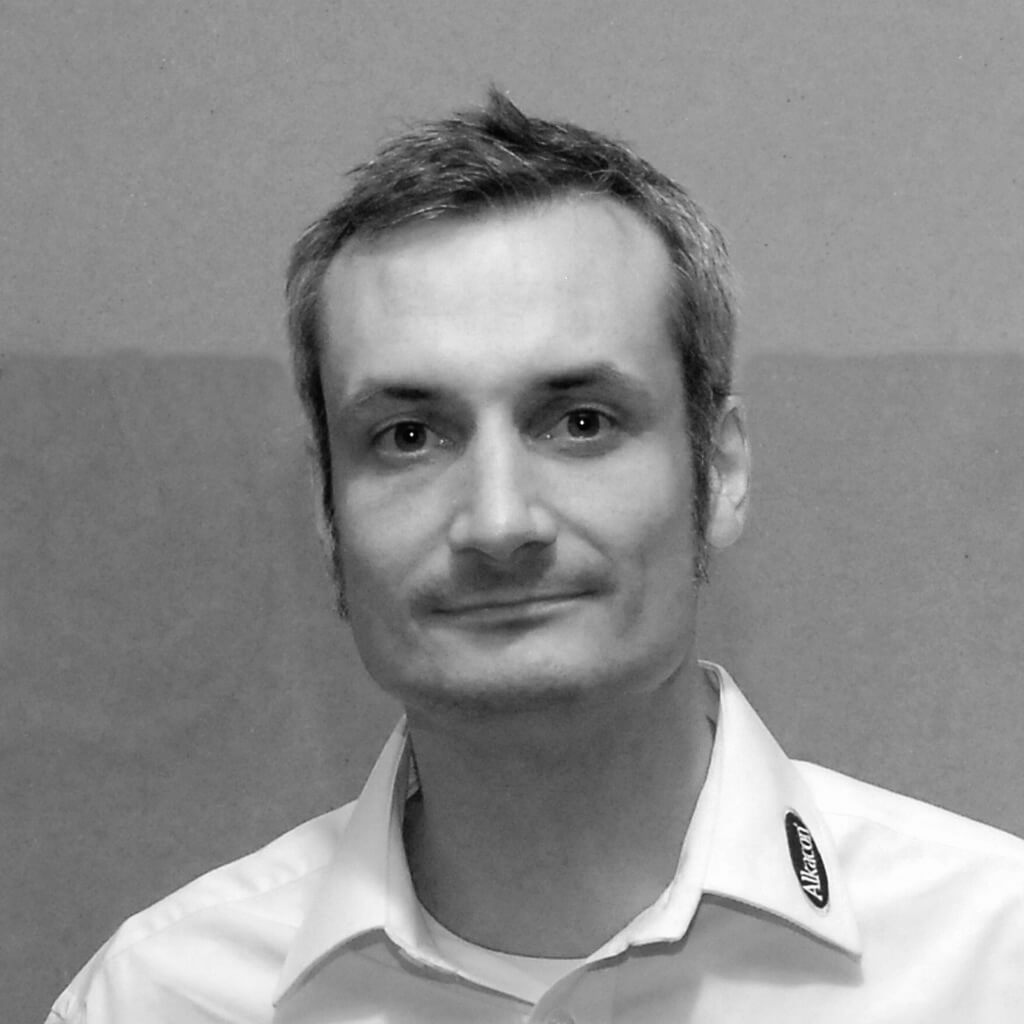
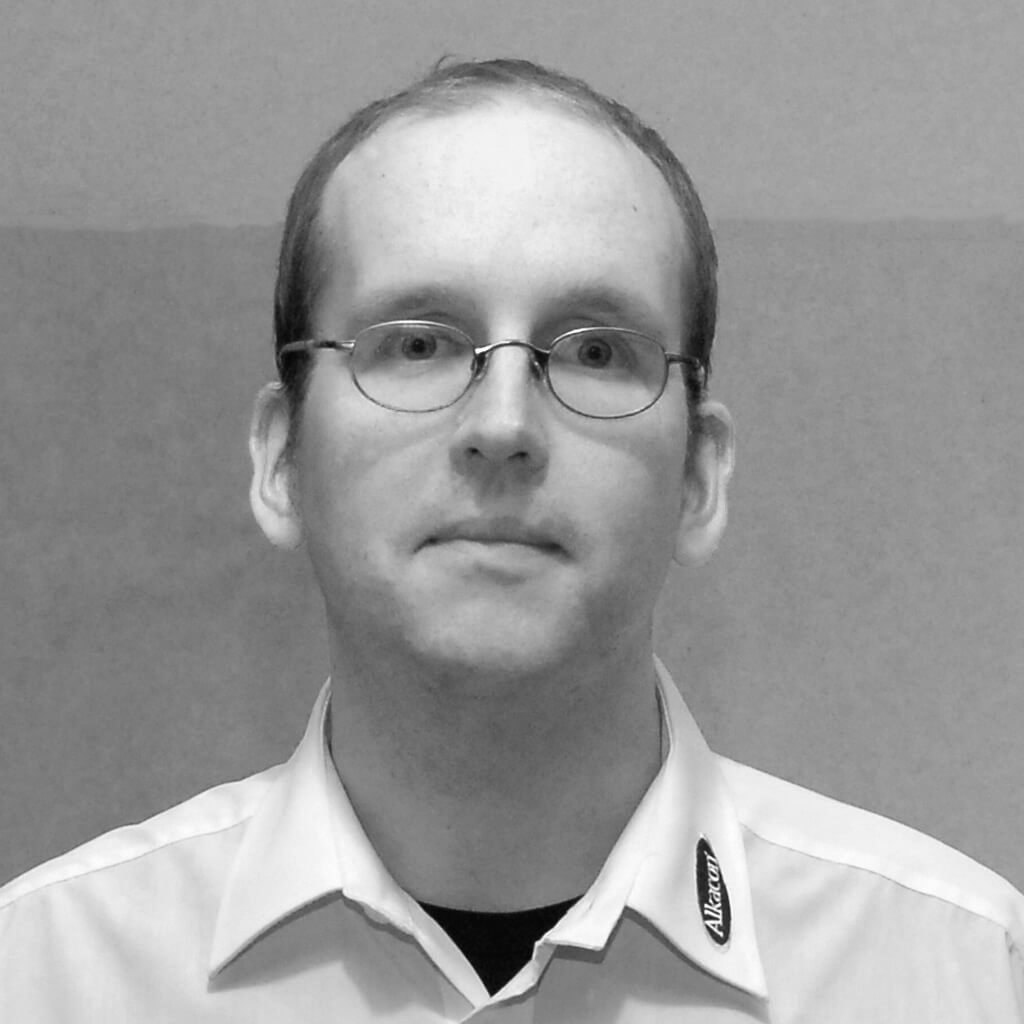
Moderator: Tobias Herrmann
OpenCms core developer, Alkacon Software, Germany
Tobias is the team leader at Alkacon for the OpenCms core development. He has been the main developer of the ADE template system, the editor components, the new workplace and various other features in OpenCms.
Moderator: Georg Westenberger
OpenCms core developer, Alkacon Software, Germany
Georg is a senior OpenCms core developer at Alkacon. His recent tasks are based around multi-language features and the new workplace implementation. He has contributed to many OpenCms features in the core as well as in the user interface.
Monday, September 26 / 11:45
¡Hablamos OpenCms!
¡Hablamos OpenCms! means "We speak OpenCms!" in Spanish. An increasing number of communities and government agencies in Spain and South America are using OpenCms to manage their websites. Many of them use the SAGA open government platform as well as other OpenCms extensions from SAGA.
Ramón will provide you with insights of his recent OpenCms projects, presenting some of SAGA latest technical developments. He will also share his experiences working in projects for Spanish and South American customers from a project manager perspective.
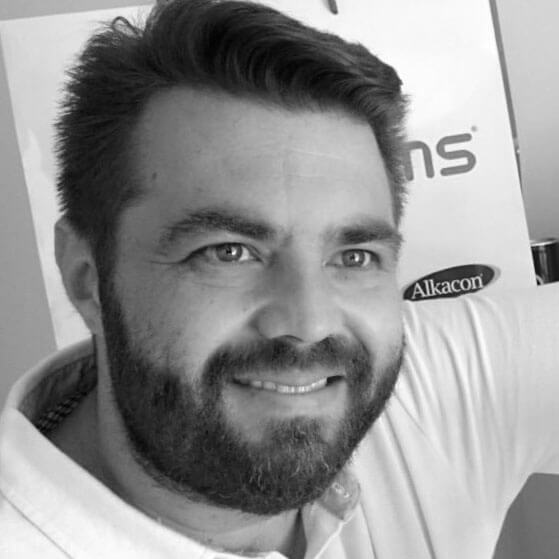
Speaker: Ramón Gavira
CEO, SAGA Solutions, Spain
Ramón Gavira is a software engineer and master in business administration. He founded SAGA Solutions in 2003 as a company dedicated to developing solutions in the field of ERP and web portals. Today SAGA is managing OpenCms projects in Spain, Mexico, Honduras and Argentina. SAGA is also a sponsor of OpenCms Hispano, the first community of OpenCms in Spanish.
Monday, September 26 / 14:00
Next generation content repository
All OpenCms versions so far have relied on a relational SQL database as the backbone of the content repository. However, new requirements are emerging, such as distributed repositories with automatic installation in the cloud, which are difficult to meet using the existing database infrastructure.
Alkacon has been investigating the possibility to switch to a new repository technology for future OpenCms versions that come after 10.5 for about a year now. The new repository should be based on state-of-the-art open source components and provide much better cloud and clustering support. In recent months, Alkacon has started with the implementation of this next generation repository. First results are in, and they look promising.
In this session, Alexander will explain the design principles that guide the new repository architecture. He will point out use cases where the current repository falls short, and explain how it could be improved in the next generation.
Stephan has developed a working alpha version of the new repository. This is based on the Java Content Repository (JCR) standard. It already supports many core OpenCms features such as online / offline editing, publishing and individual user permissions.
Alexander and Stephan will demonstrate this alpha version of the next generation repository in action. They will provide some initial performance test results that look promising. They will also show how a distributed system in the cloud can be set up with the new repository. The session will be finished with a roadmap explaining when and how the new repository will become available in a future OpenCms version.

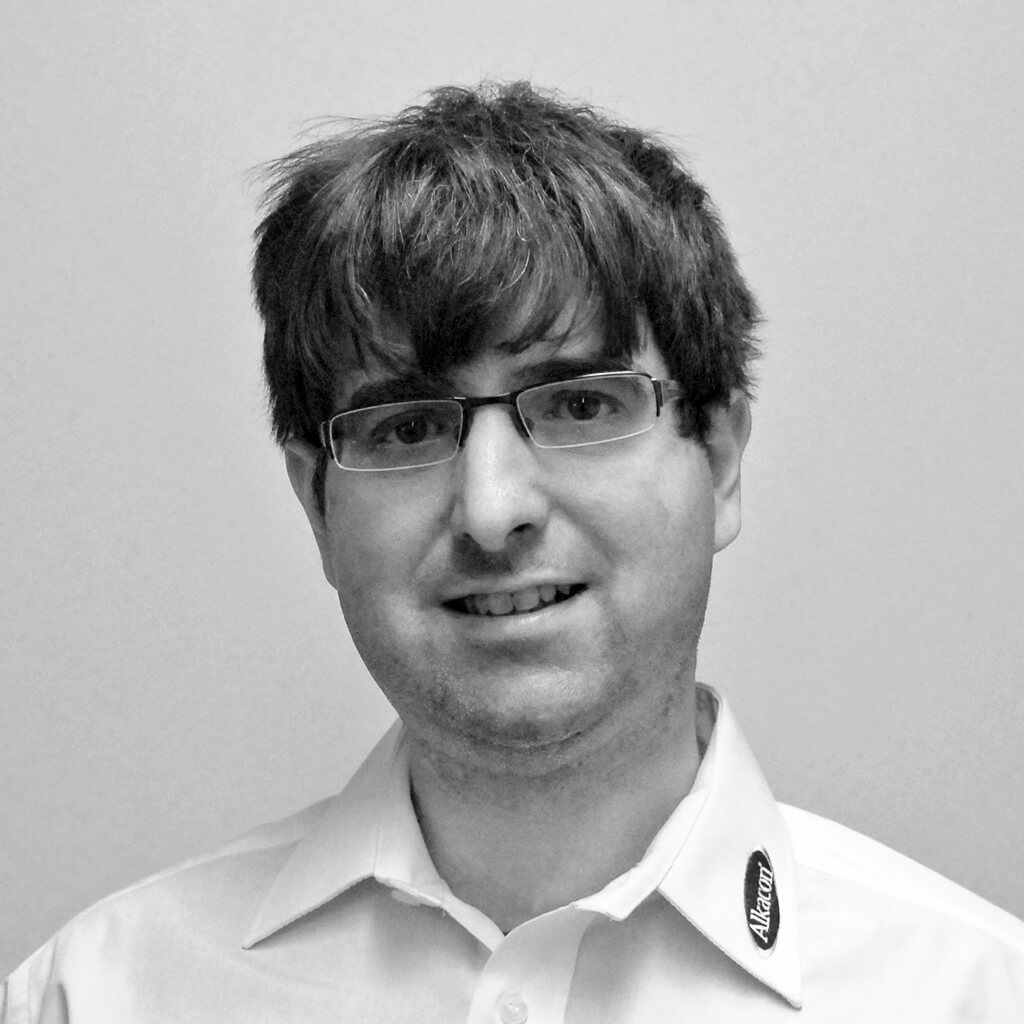
Speaker: Alexander Kandzior
CEO, Alkacon Software, Germany
Alexander is the inventor and main architect of OpenCms. He was responsible for open sourcing OpenCms back in 2000. Since then, he is an active developer and contributor to the project. Today he is CEO of Alkacon Software, where he leads his team with the vision to make OpenCms the most user friendly CMS on the planet.
Speaker: Stephan Hüwe
OpenCms core developer, Alkacon Software, Germany
Stephan has recently joined Alkacon as an OpenCms developer. He graduated from the University of Bonn. His current task at Alkacon is the development of the next generation OpenCms content repository.
Monday, September 26 / 15:45
A landing page generator based on OpenCms
Small businesses, freelancers and individuals demand cheap and fast solutions to build new websites or “landing pages” to quickly promote a service, product or businesses idea.
Alexey and his company ITDT have used OpenCms with its intuitive direct edit user interface to create a highly customizable landing page generator that is easy to use with just few clicks. This service will soon be available at www.lpjet.com.
To archieve this, the ITDT team has extended the OpenCms direct edit mode with a help system that can easily be populated with rich text, images, videos and more. This help system has been committed for inclusion in the OpenCms core. Other developments for this project include integration with a DNS provider, a special cache subsystem as well as a set of demo templates.
Alexey will explain the business idea behind this project and show use cases how the landing page generator can be used to create e-commerce sites, corporate web pages or public web services.
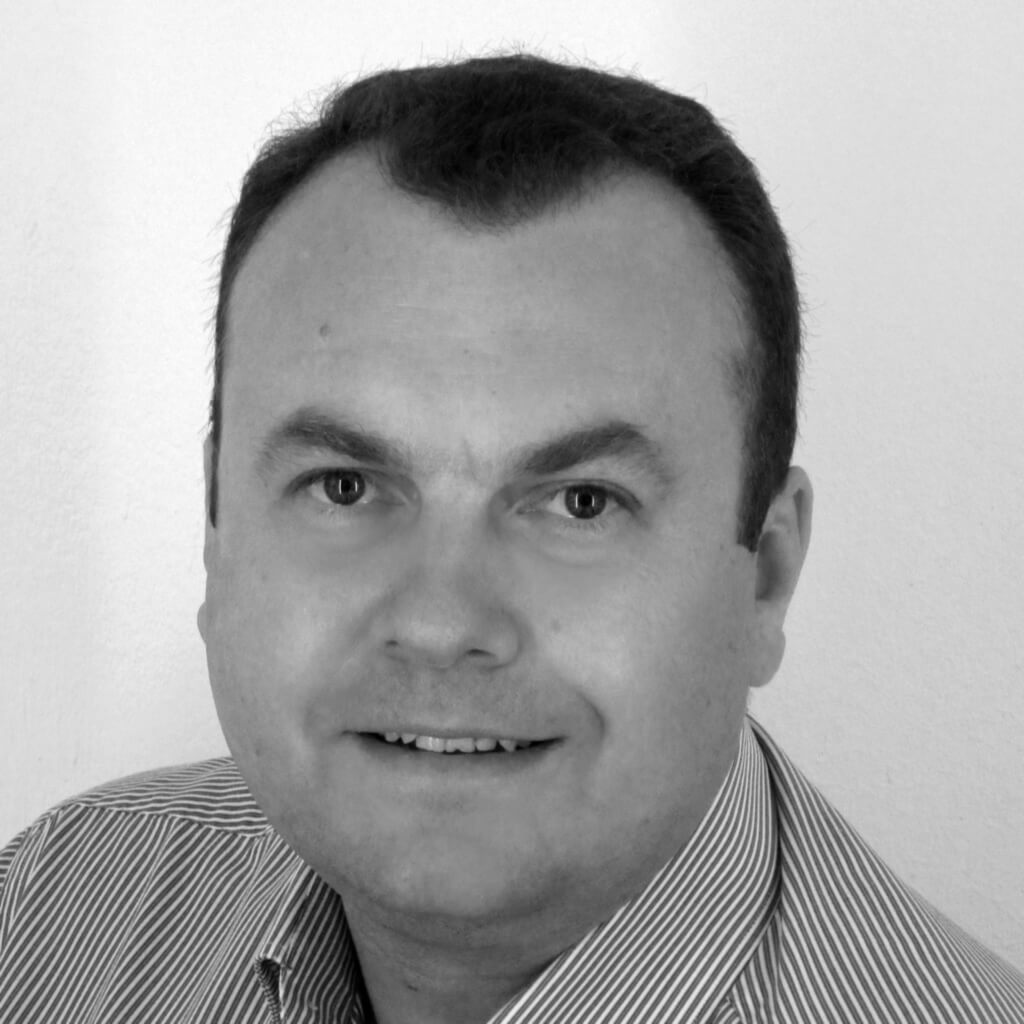
Speaker: Alexey Asyaev
CEO, ITDT Ltd., Russia
Alexey Asyaev is CEO at ITDT Ltd. which provides OpenCms-based application design and development for e-commerce and information portals in Russia and beyond.
Monday, September 26 / 19:30
OpenCms Days 2016 conference get-together
The OpenCms Days conference get-together will take place Monday evening at the KANDINSKY bar and restaurant.
Use this opportunity to meet speakers, sponsors, core developers and other attendees of the conference to exchange thoughts and ideas over a glass of beer, wine, water or whatever beverage you prefer. Mingle with the OpenCms pros and extend your network of contacts in the OpenCms community.
Please note: The conference get-together is not included in the registration fee for OpenCms Days. The food and beverages consumed have to be paid individually at the location.
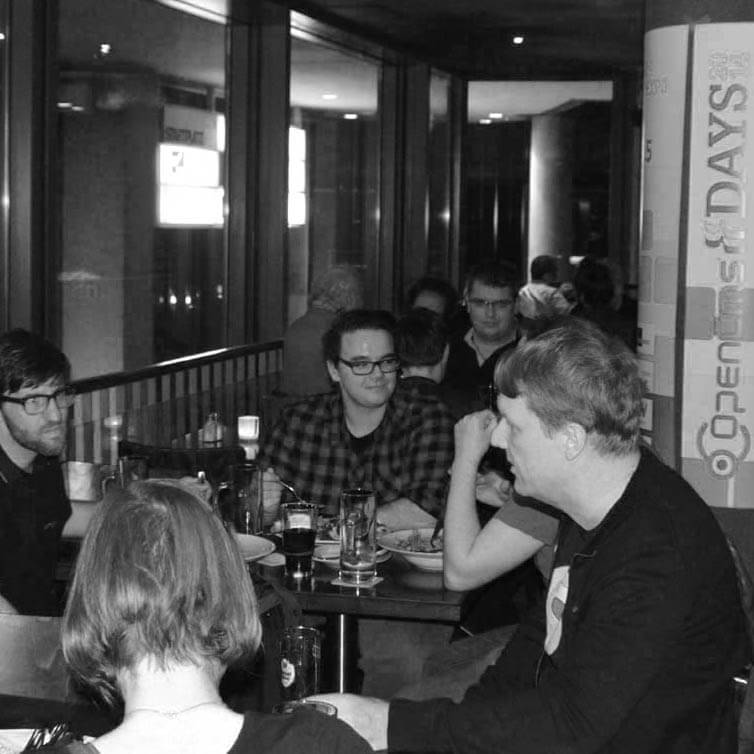
Location: Bar KANDINSKY
Cafe, Bar, Restaurant
Im Mediapark 5,
50670 Köln (Cologne)
Tuesday, September 27 / 10:00
Building a news or blog site
Free seats: Less than 10
Creating a news ticker or blog message roll is one of the most basic requirements for each website today, yet each site seems to have its own special needs.
Typical tasks include generating a list of articles, output of the article in short list format as well as on a detail page.
More advanced tasks may include providing RSS feeds, comment functions, automatically archiving of old articles and a myriad of options how to sort, categorize or otherwise filter the articles displayed.
In this workshop, Andreas and Benjamin will collect requirements of the audience and then work with the participants on proof of concept solutions for the use cases brought up. They will also show some solutions they have used in the past that can serve as an inspiration.
A standard OpenCms installation with the Apollo template and some prepared code examples will be used as a base for the workshop. This will be distributed on a virtual image that participants should install before the workshop starts. More information about the virtual image requirements here.
Workshop level: Intermediate
Workshop participants should have knowledge in:
- JSP development
- OpenCms 8 (or later) general usage
- OpenCms JSP templates and formatters
Please read this important information regarding workshop organization

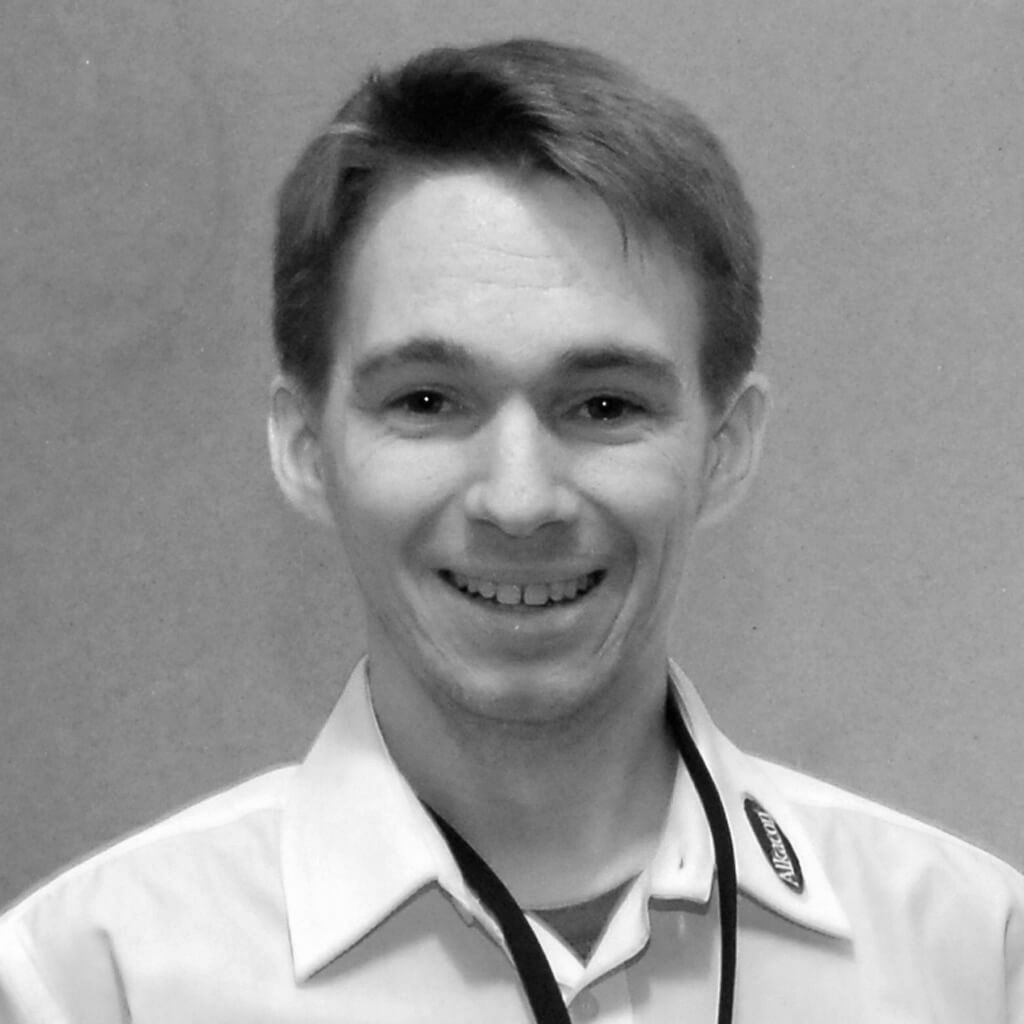
Moderator: Andreas Zahner
Senior OpenCms consultant, Alkacon Software, Germany
Andreas is a senior consultant and project manager at Alkacon with more than 10 years’ experience in OpenCms. He is an expert in OpenCms template development, including front-end related core enhancements.
Moderator: Benjamin Feldberg
OpenCms consultant, Alkacon Software, Germany
Benjamin is developing customer solutions at Alkacon. He recently has been working on enhancing the Apollo Template, as well as other front-end related projects.
Tuesday, September 27 / 10:00
Connecting external applications
Free seats: More than 10
Display of content maintained in an external application on the website is a common requirement. The way to connect this external application with OpenCms is a task left to the developer. Very often the environment in which OpenCms and the external application exist will limit how the content can be transferred with firewalls and security restrictions. Then there is the question about how often the content needs to be transferred – does it have to be updated in near real time, or just once a day?
In this workshop, Michael and Philipp will collect requirements of the audience and then work with the participants on proof of concept solutions for the use cases brought up. They will also show some solutions they have used in the past that can serve as an inspiration.
A standard OpenCms installation with some prepared code examples will be used as a base for the workshop. This will be distributed on a virtual image that participants should install before the workshop starts. More information about the virtual image requirements here.
Workshop level: Advanced
Workshop participants should have knowledge in:
- Java development
- Using a development IDE such as Eclipse
- Using the OpenCms core API
Please read this important information regarding workshop organization

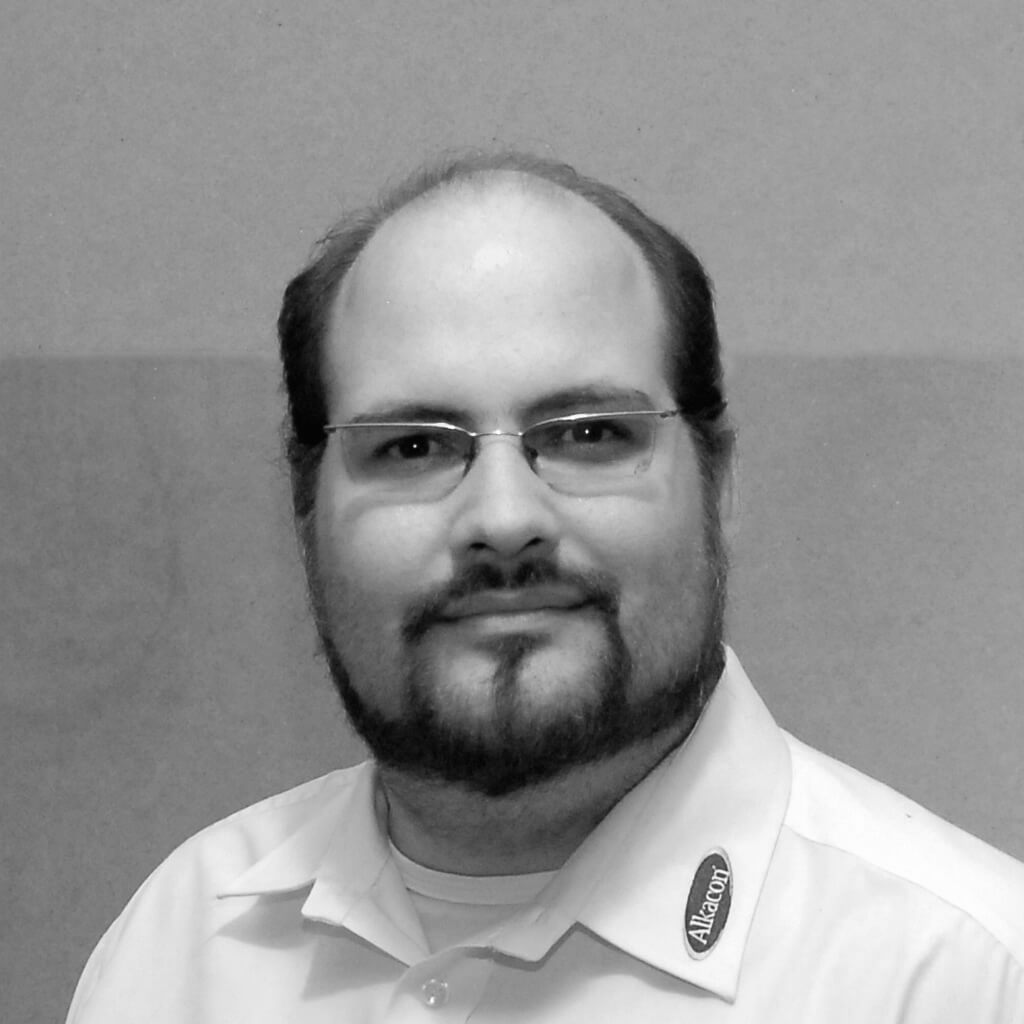
Moderator: Michael Emmerich
Senior OpenCms consultant, Alkacon Software, Germany
Michael was one of the initial developers of the first open sourced version of OpenCms back in 2000. He has been continuously working with OpenCms ever since. Today Michael is a senior consultant and project manager at Alkacon Software.
Moderator: Philipp Strudthoff
OpenCms consultant, Alkacon Software, Germany
Philipp is an experienced OpenCms consultant who is working with Alkacon for more than 3 years now. He has contributed to the core development as well as participated in many customer projects.
Tuesday, September 27 / 10:00
Hosting OpenCms according to BSI Standards
OpenCms is often used by organizations with high security standards - like governmental institutions or companies from the financial industry.
When hosting a website, many organizations in Germany rely on guidelines or certification from BSI, the federal office for information security (Bundesamt für Sicherheit in der Informationstechnik).
In this session Alex will present the requirements of a BSI-compliant environment and show how to set up OpenCms website hosting according to these standards.
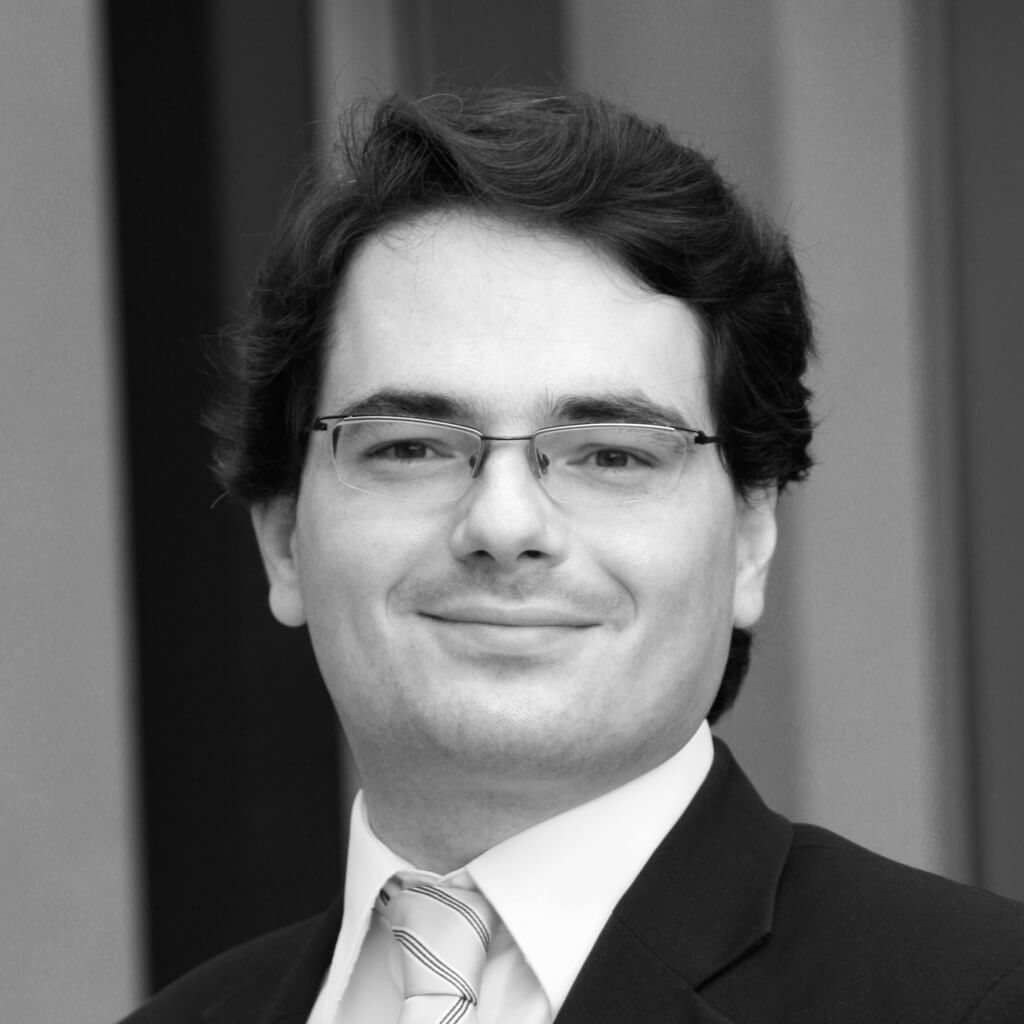
Speaker: Alex Mirsky
CTO, Mivitec, Germany
Alex Mirsky is technical director (CTO) of MIVITEC GmbH, a company focused on providing first class individual solutions for companies and public organizations since 2003. He has a technical background having studied computer science at the university of Munich.
Tuesday, September 27 / 11:30
OpenCms at the Swiss Seismological Service
The challenge of serving real time information about ongoing seismic crises.
The Swiss Seismological Service (SED) at ETH Zurich is the official Swiss federal agency for seismic monitoring and earthquake information.
Real-time information about earthquakes is a challenge for a web content management system:
- While typically few people are interested in seismic information, this changes fundamentally after a widely felt earthquake. Within 1-2 minutes after the event, several 100.000 people may want to get an official explanation of their perceptions, triggering huge and steep load peaks on the CMS.
- At the same time automatic analysis results become available and are continuously updated over the next minutes. The challenge here is to setup cache updates, link persistence, and versioning.
- Earthquakes can be damaging, also for server infrastructures and communication lines. This calls for off-site redundancy in both information generation and web publishing.
- As Switzerland has multiple national languages, all content has to be presented in German, French, Italian and English.
Given these requirements for information platforms of seismic data centers, they are typically custom software.
In this session Enrico and Cyrill will explain why the Swiss Seismological Service has opted for a system based on OpenCms and OCEE for its recent revision of the web platform. They will show the solutions selected to meet the challenges which include specific extensions that have been developed for real time information and multi-language maintenance.
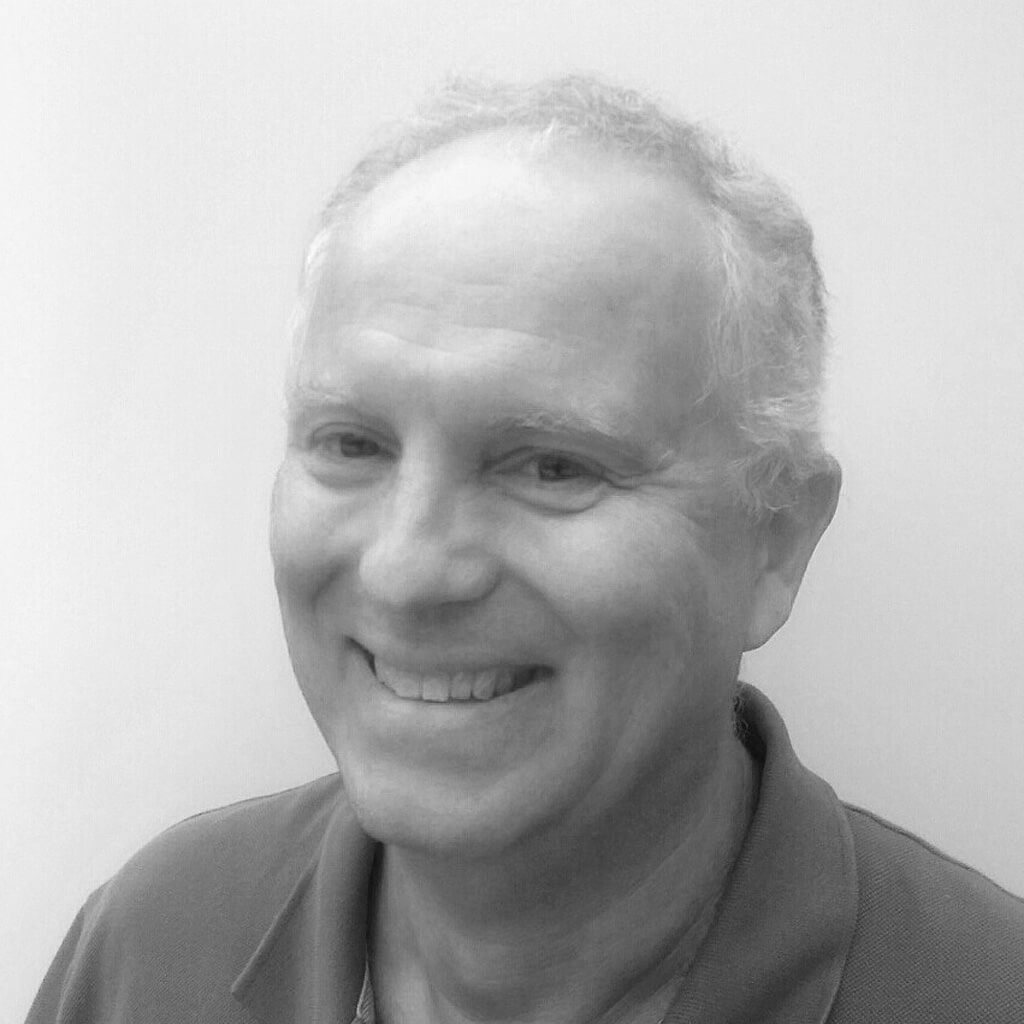
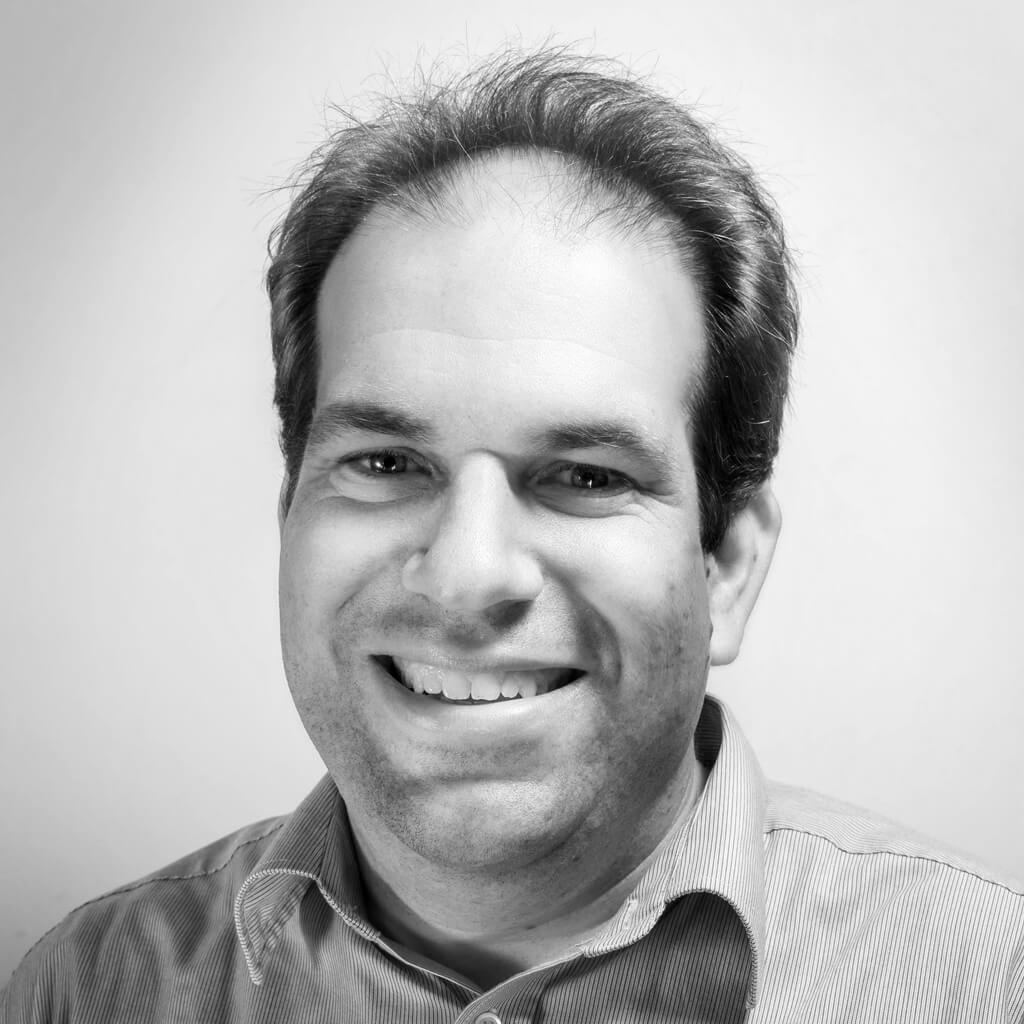
Speaker: Enrico Ballarin Dolfin
Swiss Seismological Service
Speaker: Cyrill Bonjour
Swiss Seismological Service
Enrico and Cyrill are with the Swiss Seismological Service (SED) at ETH Zurich, the official Swiss federal agency for seismic monitoring and earthquake information. They have been working on the recent revision of the web platform, introducing OpenCms to SED.
The presentation has been prepared with the support of Philipp Kästli and Emilia Petronio.
Tuesday, September 27 / 13:45
Multilingual Websites with OpenCms
Creating and maintaining multilingual websites with OpenCms is possible since the earliest versions. However, there has been room for improvement especially when it comes to synchronizing sitemaps for different languages.
When translating websites, two approaches are usually considered: Either every page is made available for each language (single tree approach), or the languages use different page structures (multi tree approach). Each approach has different requirements, and OpenCms 10.5 has new features to help with both.
In this session, Daniel will show how websites or sitemaps in different languages can be maintained effectively in OpenCms. He will explain the new features of 10.5 and show how these can make the process of maintaining different translations easier.
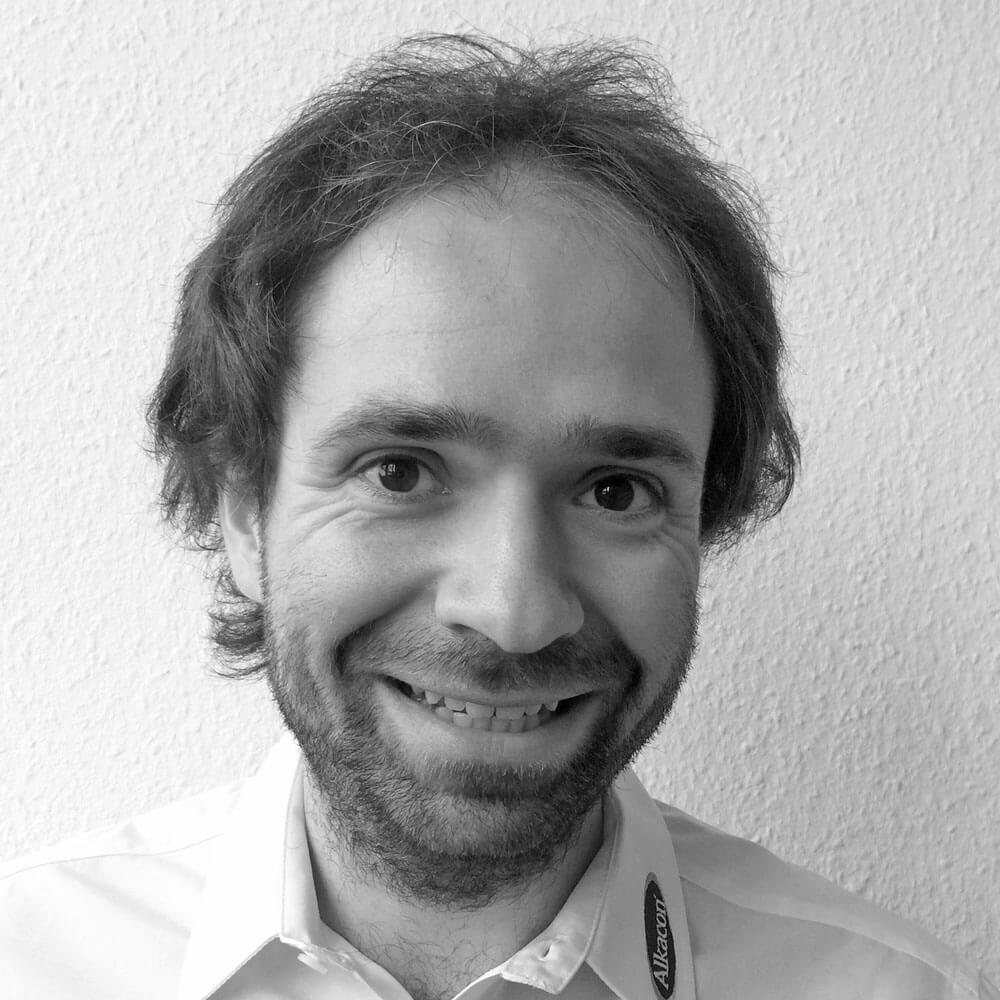
Speaker: Dr. Daniel Seidel
OpenCms consultant, Alkacon Software, Germany
Daniel holds a doctorate in computer science (Dr. rer. nat) from the university of Bonn. He has worked on the core multi language support as well as the SOLR integration and on extensions of the Alkacon OAMP modules. He also is maintaining the OpenCms documentation.
Tuesday, September 29 / 15:45
Panel discussion with selected OpenCms experts
A panel discussion with selected OpenCms experts will close the conference.
Where are we now and what does the future hold in store for OpenCms? The panel participants will summarize their impression from the two conference days and provide their vision about what is to come. In an open discussion with the audience, they will share their ideas for future projects and potential OpenCms enhancements.
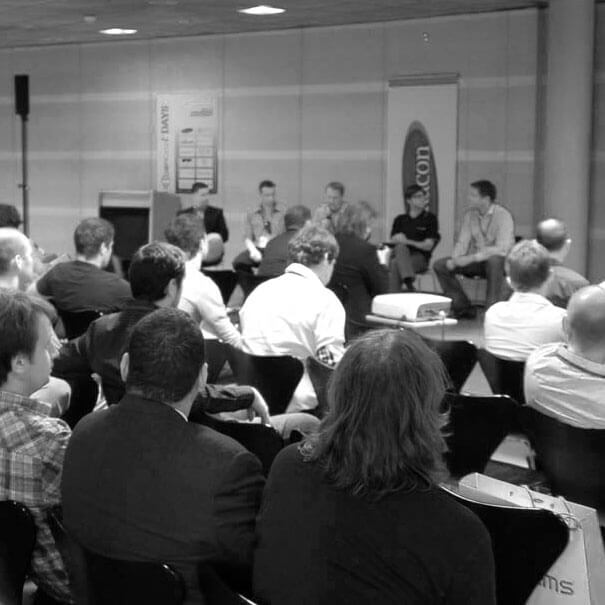
Presented by a Discussion panel
The participants in this panel discussion will be announced before the start of the session.

